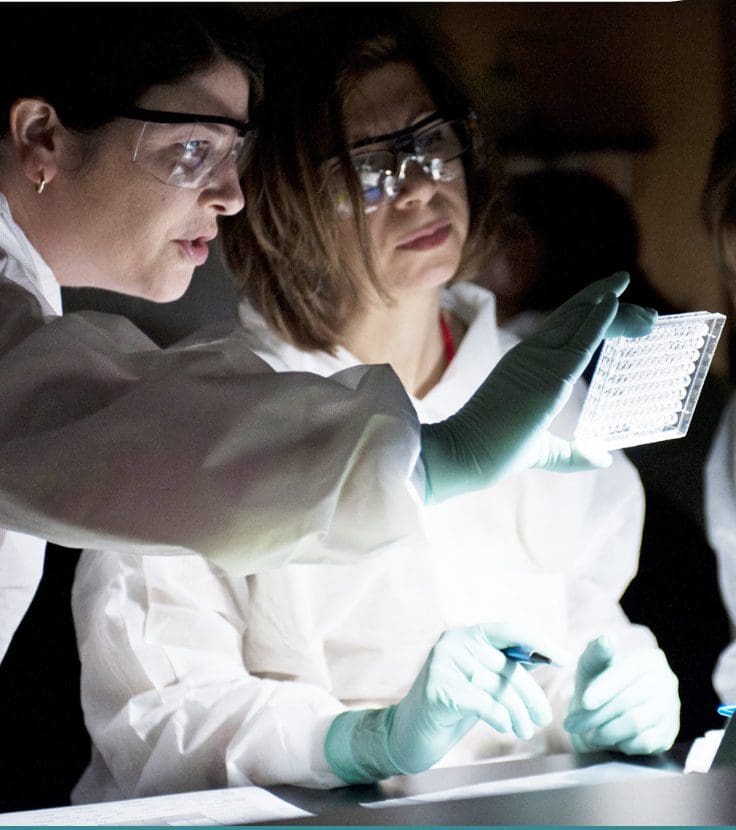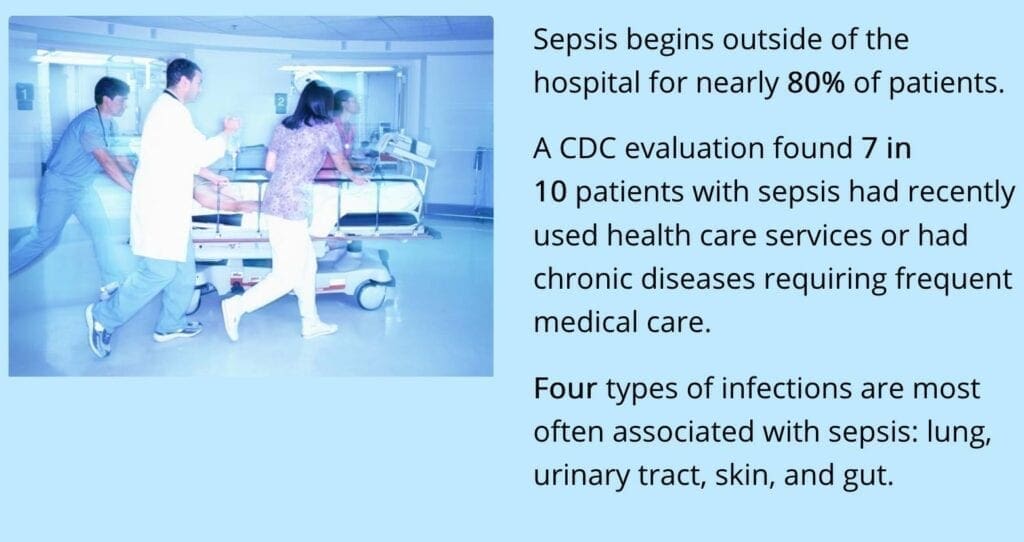Search Posts
Recent Posts
- Rhode Island Weather for June 15, 2025 – Jack Donnelly June 15, 2025
- To honor Pawtucket Mayor Henry Kinch: A tribute to leadership and legacy June 15, 2025
- Ask Chef Walter: Summer Feast for the Palate – Chef Walter Potenza June 15, 2025
- A Greener View: Floppy Perennials, Holey Vegetables and Wet Soil Gardening – Jeff Rugg June 15, 2025
- Gimme’ Shelter: Old Bay at the Providence Animal Control Center June 15, 2025
Categories
Subscribe!
Thanks for subscribing! Please check your email for further instructions.

Taking Action to Address Antibiotic Resistance
RIDOH Taking Action to Address Antibiotic Resistance
RI Dept. of Health
As a part of ongoing efforts to reduce the improper prescribing of antibiotics and prevent the proliferation of antibiotic resistant bacteria, the Rhode Island Department of Health (RIDOH) is planning a new round of healthcare provider education.
This educational campaign is being launched in the wake of a report issued by the Centers for Disease Control and Prevention (CDC) last week that underscores the need for continued improvement in infection prevention and antibiotic prescribing practices nationwide. According to Antibiotic Resistance Threats in the United States, 2019, antibiotic-resistant bacteria and fungi cause more than 2.8 million infections and 35,000 deaths in the United States each year.
Antibiotics save lives, but any time antibiotics are used, they can cause side effects and can lead to antibiotic resistance. Antibiotic resistance is one of the most urgent public health threats we face today. Antibiotic resistance does not mean the body is becoming resistant to antibiotics; it means bacteria develop the ability to defeat the antibiotics designed to kill them. When bacteria become resistant, antibiotics cannot fight them, and the bacteria multiply. Some resistant bacteria can be hard or impossible to treat and can spread to other people.
RIDOH will be sending targeted educational materials to the top 10% of antibiotic prescribers in Rhode Island. RIDOH’s Antimicrobial Stewardship and Environmental Cleaning (AMSEC) Task Force is also continuing its partnership with CDC to educate all Rhode Islanders about how to Be Antibiotics Aware and encourage the proper use of antibiotics. Public health officials throughout the country are taking similar measures to educate the public during Antibiotic Awareness Week.
“Improving the way we prescribe and take antibiotics can help keep us healthy now, help fight antibiotic resistance, and ensure that lifesaving antibiotics will be available for the future,” said AMSEC Chair Kerry LaPlante, Pharm.D., FCCP, a Professor at the University of Rhode Island’s College of Pharmacy. “Patients, healthcare providers, and healthcare facility administrators all have a role to play in making Rhode Island antibiotics aware.”
Despite the challenges that persist, the CDC report also indicated progress in fighting antibiotic resistant infections. Since 2013, prevention efforts have reduced deaths from antibiotic-resistant infections by 18 percent overall and by nearly 30 percent in hospitals. The AMSEC Task Force is working with Rhode Island healthcare providers and facilities to improve infection prevention practices.
CDC and RIDOH advise patients and their families to use antibiotics only when necessary. This will further reduce antibiotic resistance and the spread of superbugs, as well as protect patients from side effects. The Be Antibiotics Aware initiative educates the public about when antibiotics are needed, when they are not, how to take antibiotics appropriately, and potential side effects of antibiotics.
“When someone takes the time out of their day to go to the doctor, they want to walk out with a prescription that is going to make them feel better. But antibiotics are not always the answer,” said Director of Health Nicole Alexander-Scott, MD, MPH. “In fact, they can sometimes make things even worse. By taking antibiotics when not appropriate, people put themselves at risk for serious side effects while also undermining our ability to use antibiotics as a life-saving tool for future generations.”

CDC and RIDOH encourage patients and families to:
– Get the facts about antibiotics. Antibiotics do not work on viruses, such as those that cause colds, flu, bronchitis, or runny noses, even if the mucus is thick, yellow, or green. When antibiotics aren’t needed, they won’t help you, and the side effects could still hurt you. – Ask your doctor, nurse, or pharmacist about alternatives to antibiotics. – While your body fights off a virus, pain relievers, fever reducers, saline nasal spray or drops, warm compresses, liquids, and rest can help you feel better. – If you need antibiotics, take them exactly as prescribed. Talk with your doctor if you have any questions about your antibiotics. – Talk with your doctor if you develop any side effects, especially severe diarrhea, since that could be a Clostridioides difficile (C. difficile or C. diff) infection, which needs to be treated.
– Do your best to stay healthy and keep others healthy by washing hands, covering coughs, staying home when sick, and getting recommended vaccines, such as the flu vaccine. – Do not share prescription medications.
More information and videos can be found at www.health.ri.gov/antibiotics and www.cdc.gov/antibiotic-use
